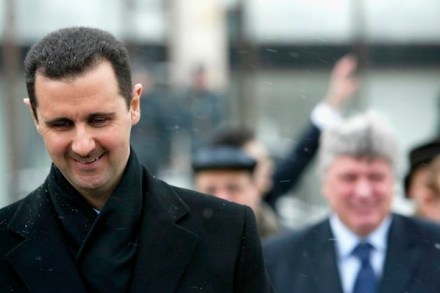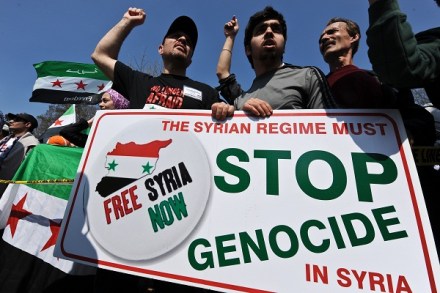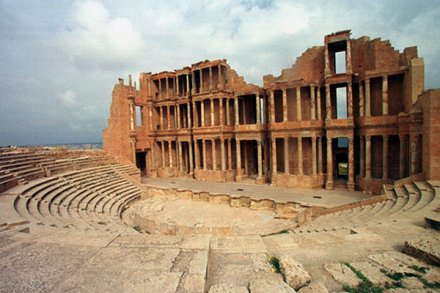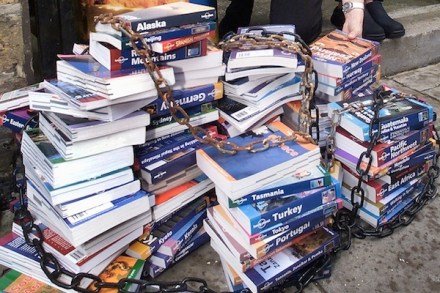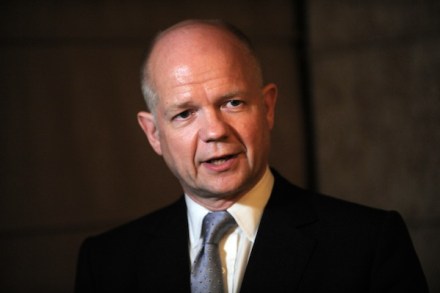We need to hear more from Tony Blair on Syria
Conventional wisdom suggests that Bashar al-Assad’s Syrian regime will crumble from within if given enough time. That’s the reasoning which has, in part at least, prevented Western governments from intervening in the conflict so far. Tony Blair challenged proponents of that view yesterday. ‘People say inevitably he will go. I don’t think it is inevitable, actually, unless we are prepared to make clear our support and solidarity for those people who are struggling against what is a very, very brutal repression now,’ he told Radio 4’s Today programme. Although Blair isn’t necessarily advocating military intervention, he does think we should be exploring military options more thoroughly. This is the conundrum




